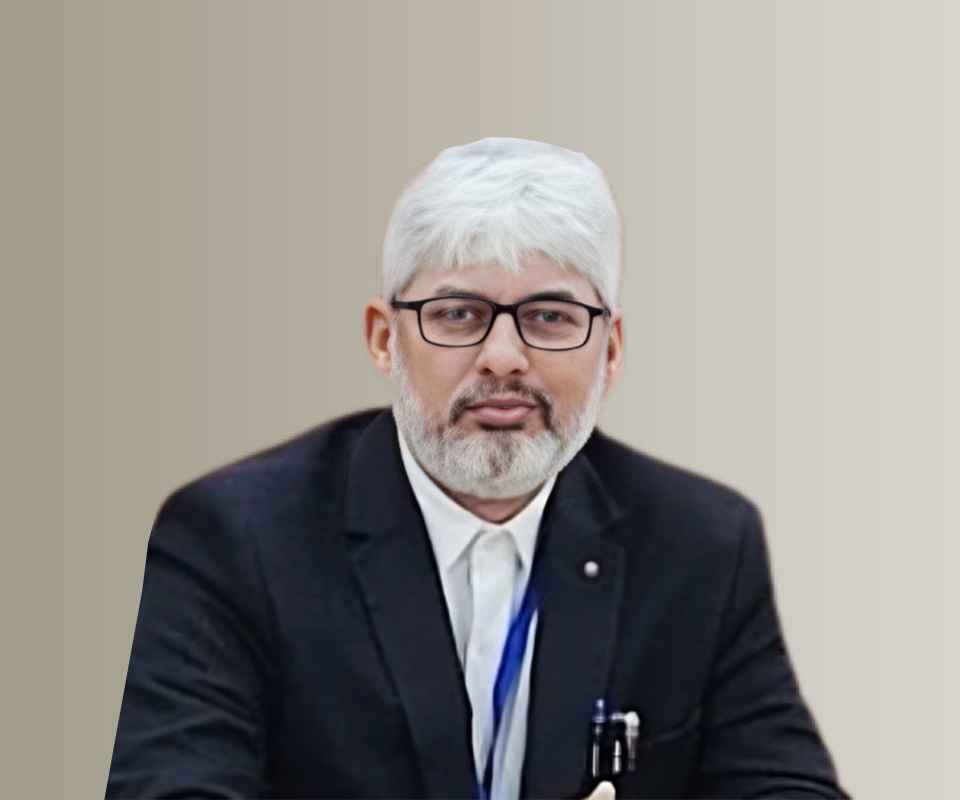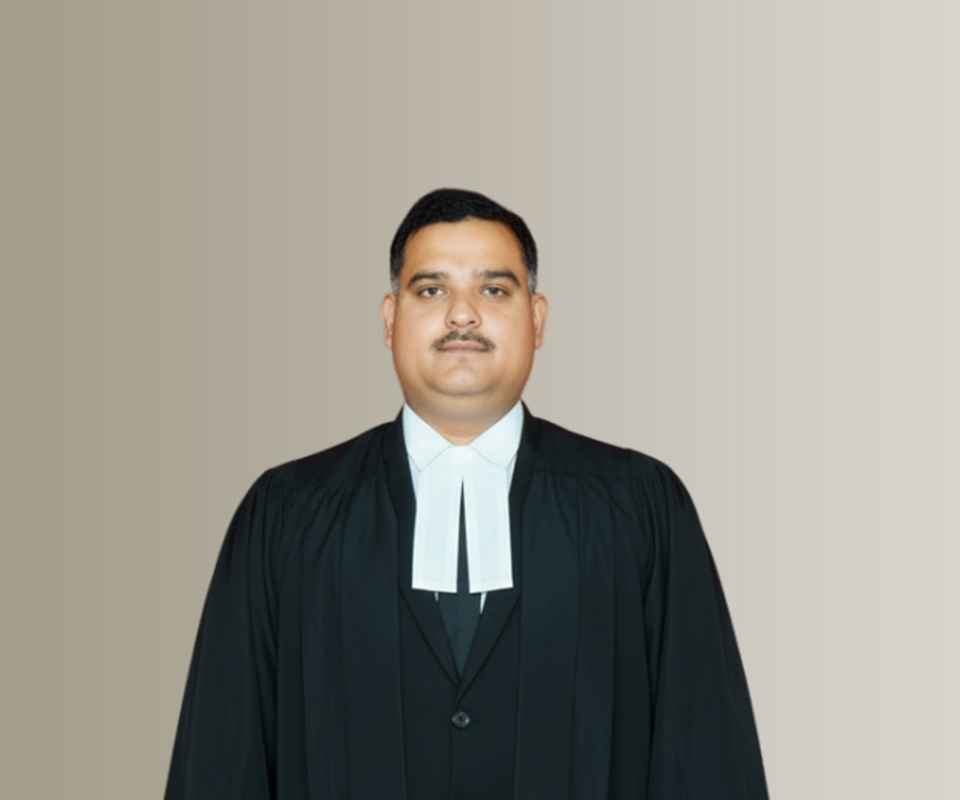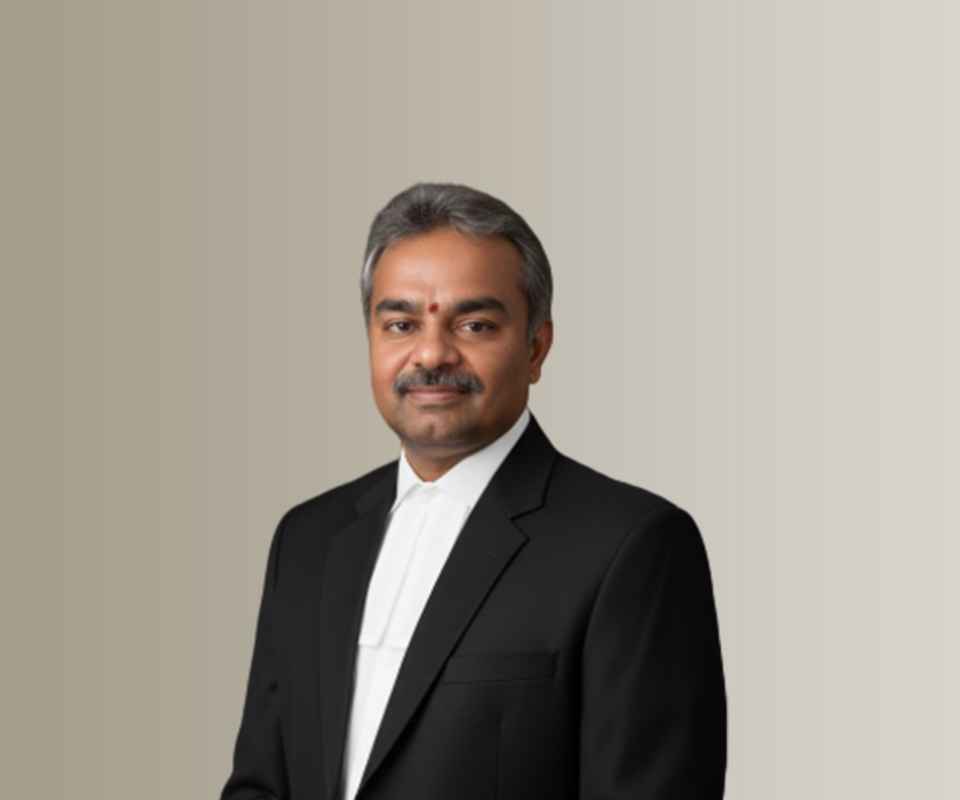Answer By law4u team
When a person dies, all their assets, both disclosed and undisclosed, become part of their estate. However, if there is undisclosed property or assets that were not mentioned in a will or known to the family, the handling of such property can be complicated. Legal heirs need to follow specific legal procedures to claim such property and ensure it is properly inherited.
What Happens to Undisclosed Property After Death:
Discovery of Undisclosed Property:
After death, if any property or asset is discovered that was not previously mentioned or known, it becomes part of the deceased’s estate. This undisclosed property may include real estate, bank accounts, jewelry, or even financial investments.
It is important for legal heirs or family members to conduct a thorough search of the deceased's assets, including checking for hidden bank accounts, safe deposit boxes, or digital assets.
Probate Process:
If the deceased had a will, the probate court will typically verify and validate the will before distributing the assets, including the undisclosed property. Any undisclosed property found after the will has been probated should be reported to the probate court for proper distribution.
If the deceased did not have a will, the property is distributed according to intestate succession laws, which define the rightful heirs (usually spouse, children, parents, etc.).
Legal Heirs’ Rights:
Legal heirs or the person entitled to the deceased’s estate have the right to claim undisclosed property, but they must prove their entitlement through the appropriate legal process.
If the deceased’s estate was already distributed before the discovery of the undisclosed property, the heirs may need to seek a re-opening of the probate case to include the newly discovered assets.
Handling the Property:
Once undisclosed property is found, it should be properly documented, and any legal titles or ownership documents should be transferred to the rightful heirs.
If the property is real estate, heirs must have it officially transferred to their name. Similarly, financial assets should be transferred to the heirs’ accounts, and any taxes due on the assets should be settled.
Legal Actions and Disputes:
In cases where there is a dispute over the undisclosed property, heirs may need to go to court to resolve ownership issues, especially if someone contests the claim. This could involve proving that the property belonged to the deceased and ensuring proper documentation is in place.
If there are challenges from other potential claimants (e.g., a previously unknown heir), a succession certificate or letter of administration may be required to settle the dispute.
Impact of Hidden Assets on Inheritance:
If it is discovered that the deceased deliberately hid property or failed to disclose it, this can complicate the inheritance process. The heirs may need to prove the intent behind the concealment, and in some cases, the undisclosed assets may need to be split among the heirs, depending on the jurisdiction.
Legal Actions and Protections:
Re-opening Probate:
If undisclosed property is discovered after probate has been completed, the estate may need to be re-opened to include the newly found assets.
Dispute Resolution:
Legal heirs may need to consult a lawyer or seek court intervention to resolve any disputes that arise over undisclosed property.
Succession Certificate:
In cases where there is no will, heirs may need to apply for a succession certificate to establish their rights to the undisclosed property.
Example:
If a woman named Priya passes away, and her family only knew about her house and bank account, but later discovered she owned a piece of agricultural land in another city, the undisclosed land would still form part of her estate. The family will:
- Report the discovery of the agricultural land to the probate court or apply for an intestate succession proceeding if there was no will.
- The land would be added to her estate and divided among the rightful heirs based on the applicable laws.
- If the property was hidden for any reason, they may need to prove its ownership through documents or legal action.







